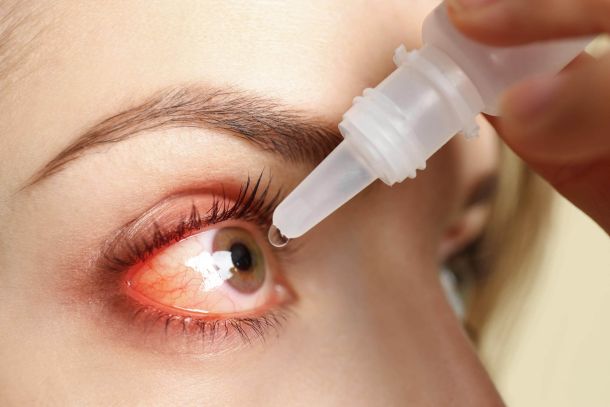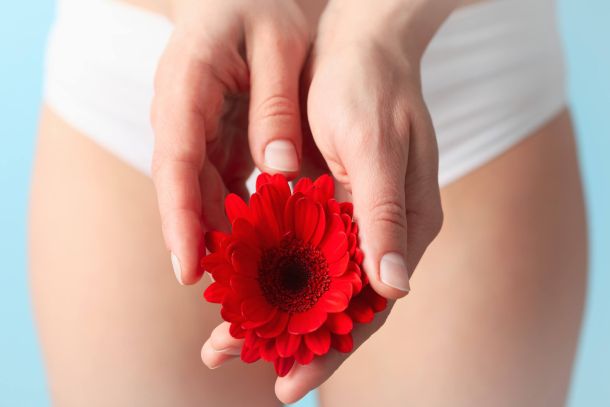Pollinosis: how to choose a treatment and get rid of flower allergies
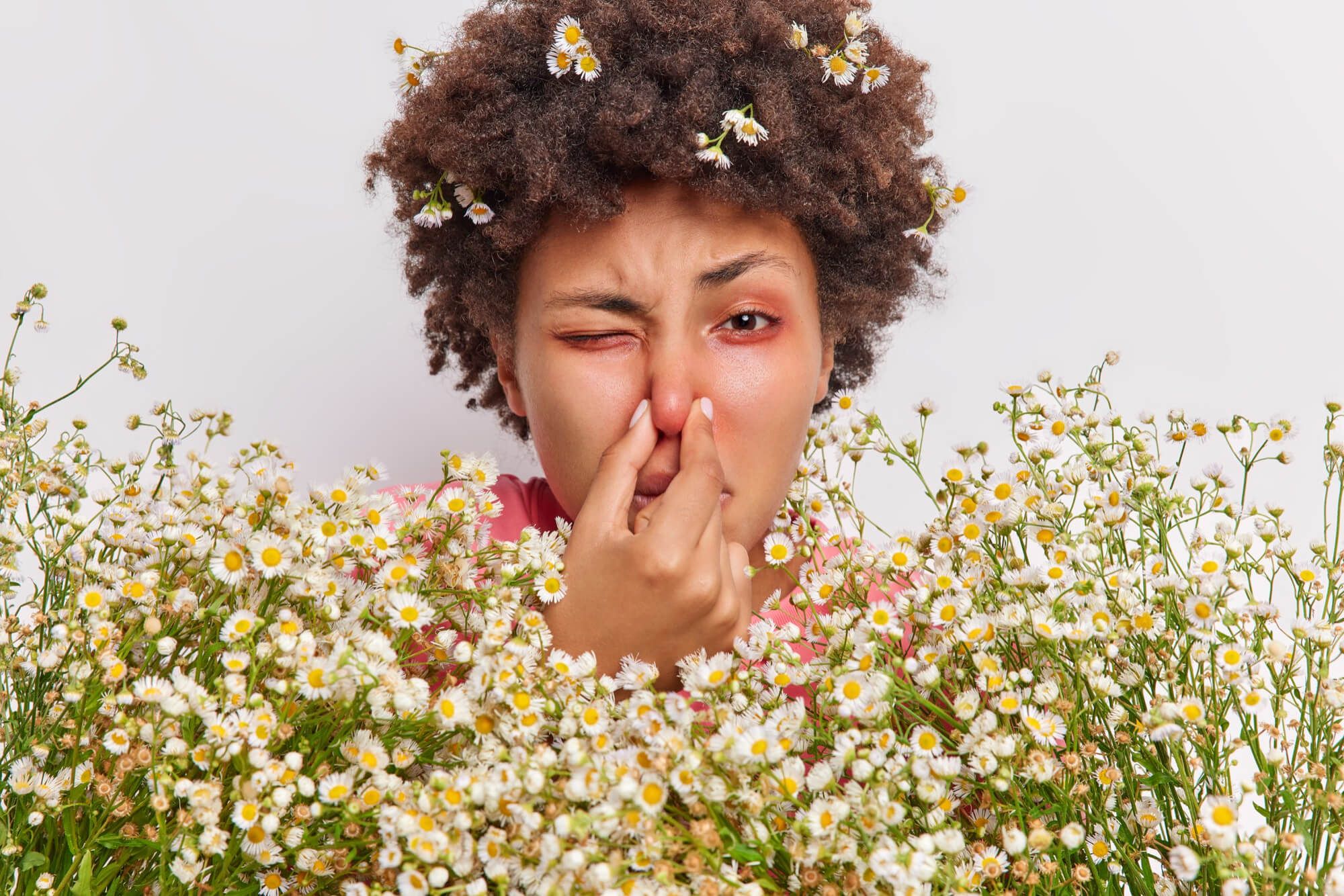

Eva Zakharova
Pollen allergy, also known as hay fever or pollen allergy, is a seasonal allergy that causes a number of unpleasant symptoms and complications. In this article, an experienced allergist will tell you what pollen allergy is, what symptoms are characteristic of this disease, and what treatment and prevention methods can help cope with it.
What is pollinosis?
Pollinosis is an allergic reaction of the body to plant pollen. Pollinosis is classified into spring, summer and autumn, depending on the season and the type of plant that triggers the allergy. Tree allergies occur most often in the spring, grass allergies in the summer, and weed allergies in the fall.
According to statistics, pollinosis affects about 10-30% of the population of developed countries. Risk factors for pollen allergy include hereditary predisposition, environmental factors, bad habits and certain illnesses.
Causes of pollen allergy
The main cause of pollen allergy is an increased sensitivity of the body to the proteins of plant pollen. As a result of contact with pollen the immune system activates the production of antibodies of class IgE, which causes an allergic reaction.
Symptoms of pollen allergy
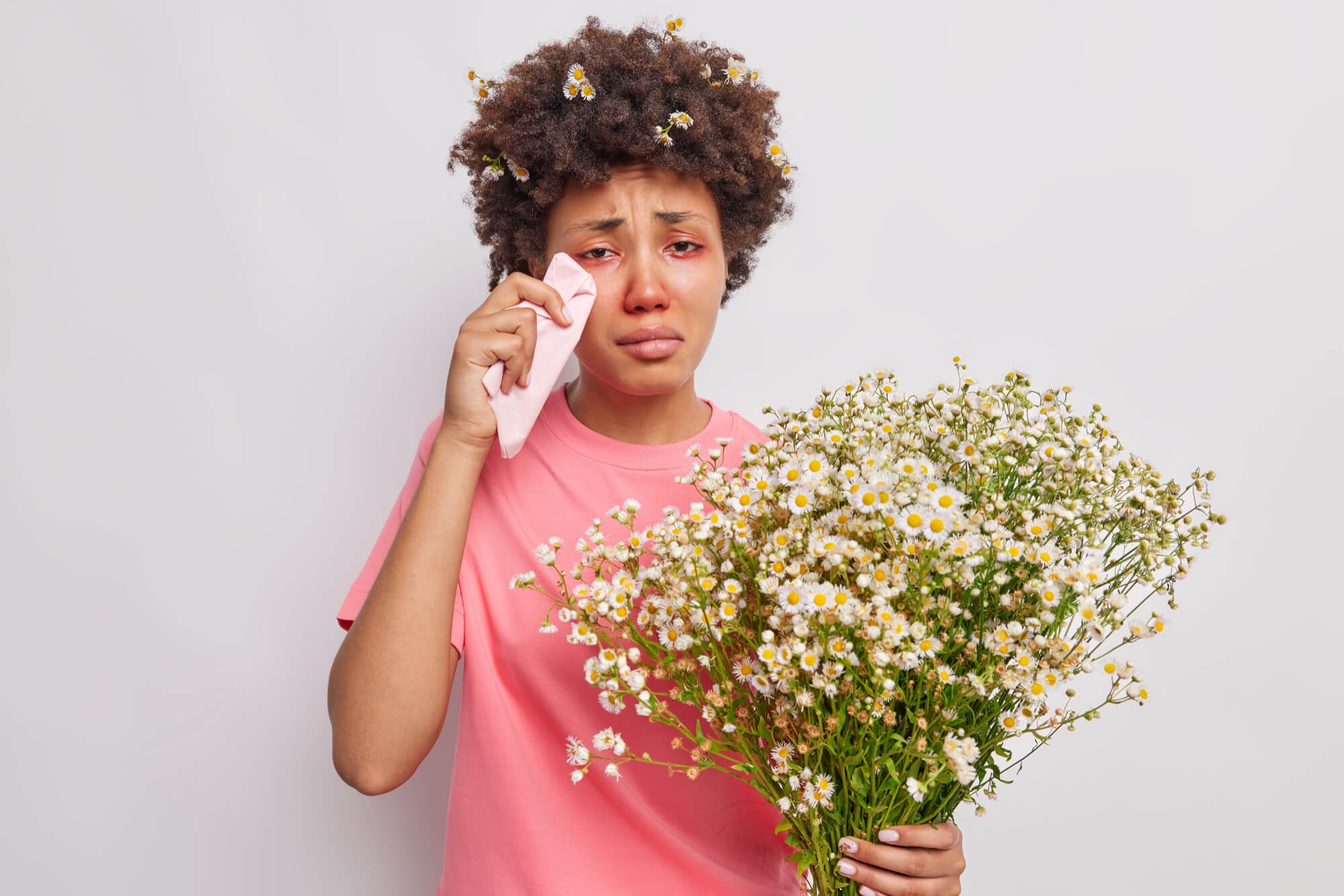
Symptoms of pollinosis include itchy and watery eyes, stuffy and itchy nose, sneezing, coughing and shortness of breath. Children and adults may experience symptoms of varying severity, but they are most often similar in nature.
The symptoms of pollinosis occur seasonally, during a certain period of flowering of the plants that cause the allergy. The severity of symptoms may vary from mild to severe, depending on the pollen concentration in the air and the individual sensitivity of the patient.
Complications of pollinosis can include allergic rhinitis, conjunctivitis, asthma and urticaria. In rare cases, anaphylactic shock may develop.
Differential diagnosis: pollinosis and other allergic reactions
To determine pollen allergy and its difference from other allergic reactions it is necessary to conduct special allergological tests and consult an allergologist.
Treatment of pollinosis
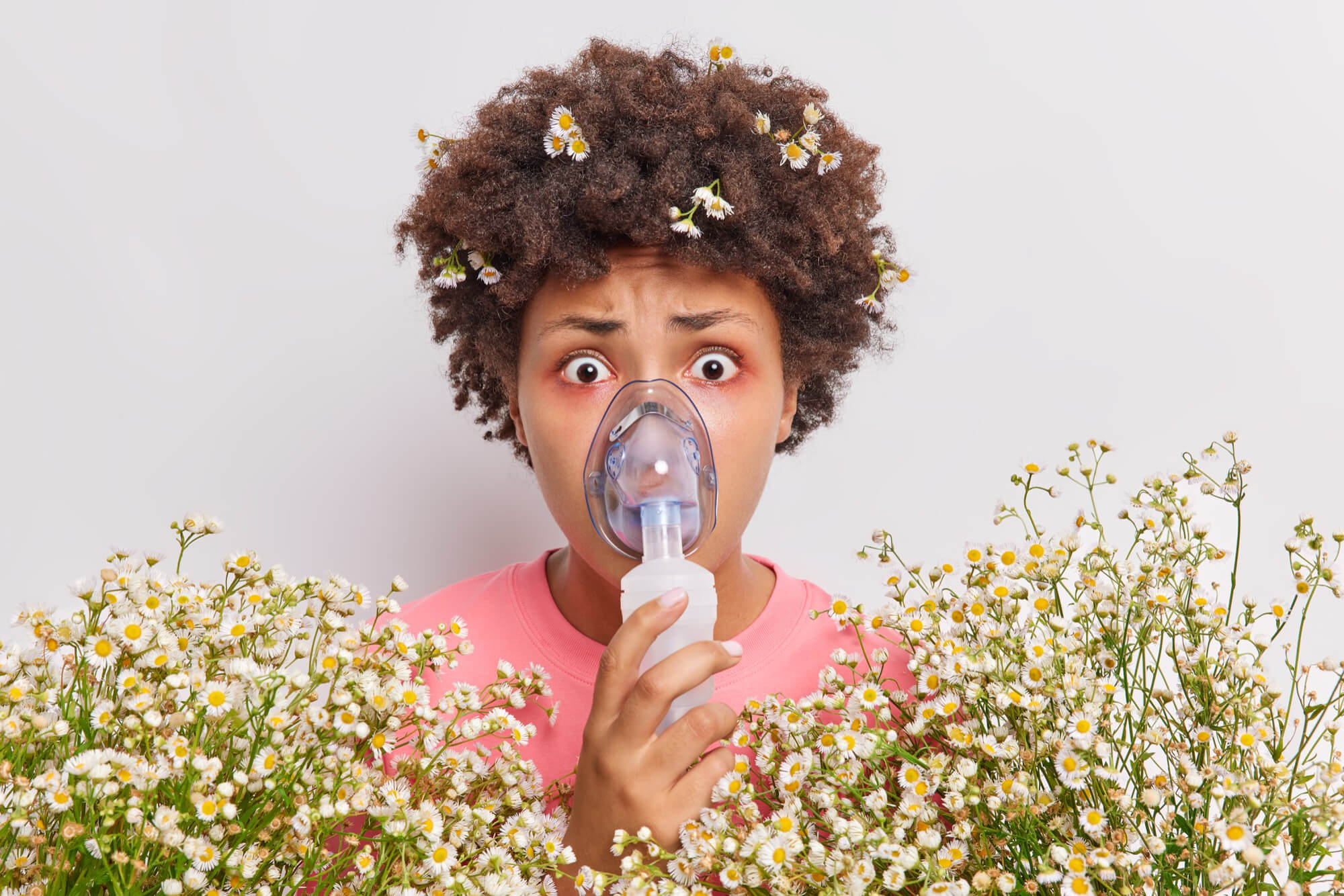
The main treatment for pollinosis is the use of antihistamines such as Cetirizine, Loratadine and Fexofenadine. They help reduce the intensity of allergy symptoms. In addition to antihistamines, anti-inflammatory drugs such as glucocorticosteroids (such as Budesonide) and mastocytostabilizers (such as Ketotifen) may be used.
Immunotherapy: effectiveness and indications for use
Immunotherapy is an effective treatment for pollinosis, which consists of administering small doses of allergen to desensitize the body. Indications for immunotherapy include severe pollen allergy not amenable to standard therapy and the absence of contraindications such as severe asthma or serious cardiovascular disease.
People's methods of treatment for pollinosis
Folk methods of treating pollinosis can include the use of honey, infusions and decoctions of herbs, as well as activation of the immune system through a healthy lifestyle and physical activity. However, before using folk methods of treatment, be sure to consult with your doctor.
Preventing pollinosis
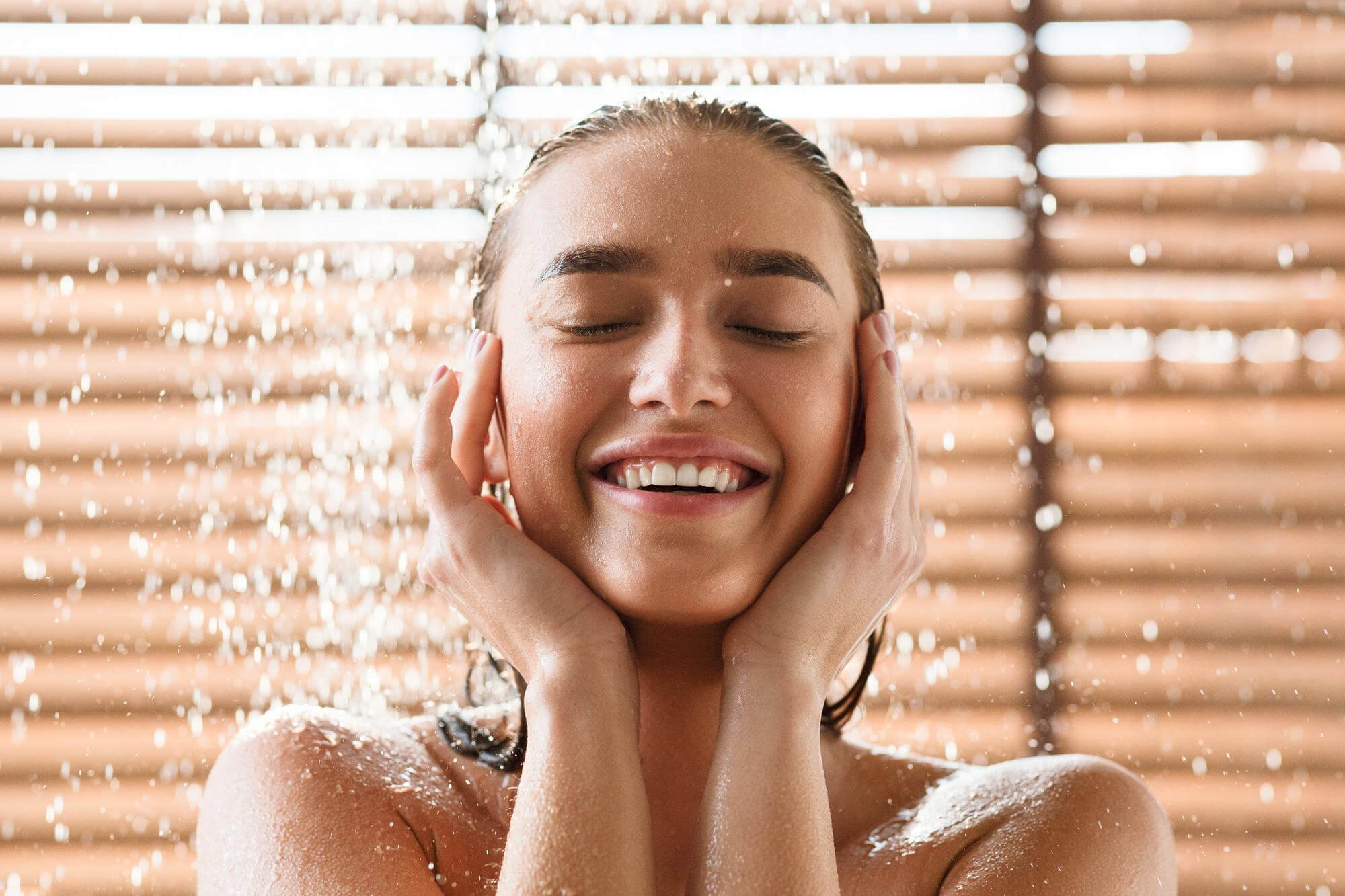
The prevention of pollinosis is aimed at reducing contact with allergens and consists of the following measures:
- Avoiding going outdoors during periods of mass flowering of plants and high concentrations of pollen in the air.
- Installing air purifiers in the home and airing the rooms regularly.
- Changing clothes after walks and showering to wash pollen off the skin and hair.
- Following a hypoallergenic diet that excludes potentially allergenic foods.
- Regular wet cleaning of the house and avoiding houseplants that can cause allergies.
In conclusion, we would like to point out that pollen allergy is a serious disease, which requires a comprehensive approach to treatment and prevention. It is necessary to closely monitor your condition, at the first signs of pollen allergy to consult a doctor and follow his recommendations. Only in this way can you get rid of the symptoms of pollen allergy and alleviate your condition during the flowering period of plants.
New materials
Popular Articles
We recommend reading
Contact us in the Contact Us section to ask questions, offer ideas, or for more information about our allergy resource.
Our articles are your trusted source of allergy knowledge. Learn how to make life with allergic reactions easier on our specialized portal.
©
Lechenie-Allergii.com. All rights reserved.
© Lechenie-Allergii.com. All rights reserved.
The information on this site is for informational purposes only and is not a substitute for professional medical advice. We recommend consulting with qualified medical professionals for accurate information and advice.
 English
English  Українська
Українська  Русский
Русский 








